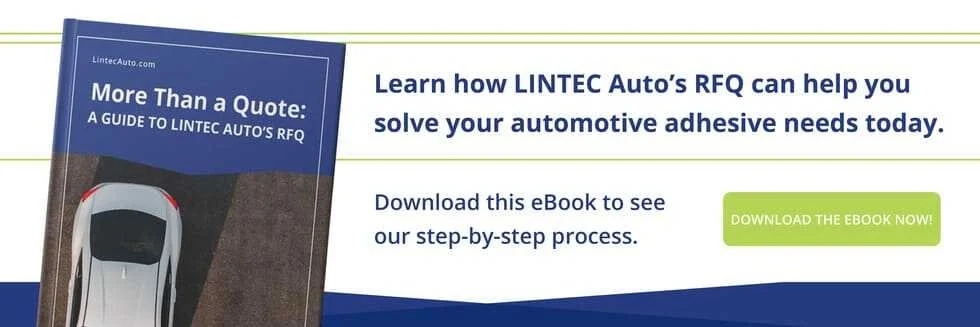Adapt Automotive Supply Chain Management for an EV-Centric Future

As traditional components for internal combustion engines give way to batteries, motors, and charging infrastructure, the supply chain must evolve to meet the demands of this new era. For automotive manufacturers, this shift calls for strategic adjustments in sourcing, supplier relationships, and manufacturing processes.
4 Key Challenges in Automotive Supply Chain Management
1. Global Dependencies and Supply Risks
The global automotive industry is deeply vulnerable to geopolitical disruptions and resource shortages. The conflict in Ukraine, for instance, has limited the availability of essential materials like palladium and neon, affecting semiconductor production and leading to costly delays in vehicle manufacturing. Diversify your supplier base and develop supply chain relationships with local and domestic suppliers whenever possible to mitigate these risks.
2. Pricing Pressures and Exclusive Agreements
OEMs often secure exclusive contracts for essential components, restricting access for competitors and raising costs. These agreements can also limit flexibility; a long-term contract for internal combustion engine parts, for instance, may become a liability as EVs dominate the market. Manufacturers must work with adaptable suppliers to maintain flexibility and control costs.
3. Access to Spare Parts Post-Agreement
A consistent supply of spare parts, beyond the initial agreement, is essential for maintenance and repair. Without proper terms, manufacturers risk facing parts shortages, leading to repair delays and potential customer dissatisfaction. Negotiating extended access to spare parts from the outset helps avoid these bottlenecks.
4. Volatile Raw Material Costs Quality Control
Raw material costs can fluctuate rapidly, impacting production budgets and timelines. Effective cost-tracking and transparent supplier relationships help to mitigate these risks. Prioritize working with suppliers who communicate proactively and collaborate on mutual cost-downs. To ensure quality across a global supplier network, engage in rigorous quality control procedures and regular audits of supplier factories to avoid production delays due to defective parts.
Solutions for Future-Proofing the Automotive Supply Chain
Circular Business Models
Some companies are adopting circular business models to better manage the volatile availability and costs of scarce raw resources. For instance, Toyota is offering electric vehicles on a lease basis in Japan, which allows them to retain ownership of the batteries. This approach enables Toyota to repurpose or recycle key materials as needed, reducing costs and risks associated with metal shortages for EV batteries while enhancing the environmental sustainability of their vehicles.
Sustainability and Compliance
Environmental regulations and consumer demand for sustainable products will only continue to grow. Build a green supply chain by incorporating eco-friendly materials and practices that meet regulatory requirements and align with consumer expectations. LINTEC Automotive offers adhesive solutions that support sustainable manufacturing and contribute to a greener supply chain.
Flexibility to Adapt to Market Changes
Automotive manufacturers must remain agile to keep pace with emerging market players and shifting consumer demands. Flexible supply chains enable companies to adopt new technologies and adjust to changing market dynamics without significant disruptions.
On-Time Delivery and Quality Assurance
On-time delivery of quality components drives both production efficiency and customer satisfaction. Studies have demonstrated that customer satisfaction is closely linked to the timely arrival of their orders: 95% satisfaction with on-time versus 75% without. Invest in robust tracking systems and use scrutiny in supplier partnerships to enhance operational consistency and reduce the risk of costly delays.
Building Resilience Through Strategic Supplier Partnerships
A base of reliable, innovative suppliers will remove much of the complexity of navigating the automotive supply chain. Vetting should be careful and deliberate, not focused purely on finding the lowest costs. Prioritize suppliers with proven expertise, a track record of high-quality production, and a commitment to continuous improvement. Regular evaluations and open feedback channels are vital for fostering these partnerships.
Partner with LINTEC for Supply Chain Solutions
The shifting automotive landscape demands a proactive approach to supply chain management. LINTEC Automotive is recognized as a top 5 global automotive label and film supplier for our industry-leading automotive adhesive films to utilize in shipping, protecting, and assembling quality parts for a resilient and efficient supply chain.
Contact us today to discuss your needs and explore how we can support your supply chain success.

